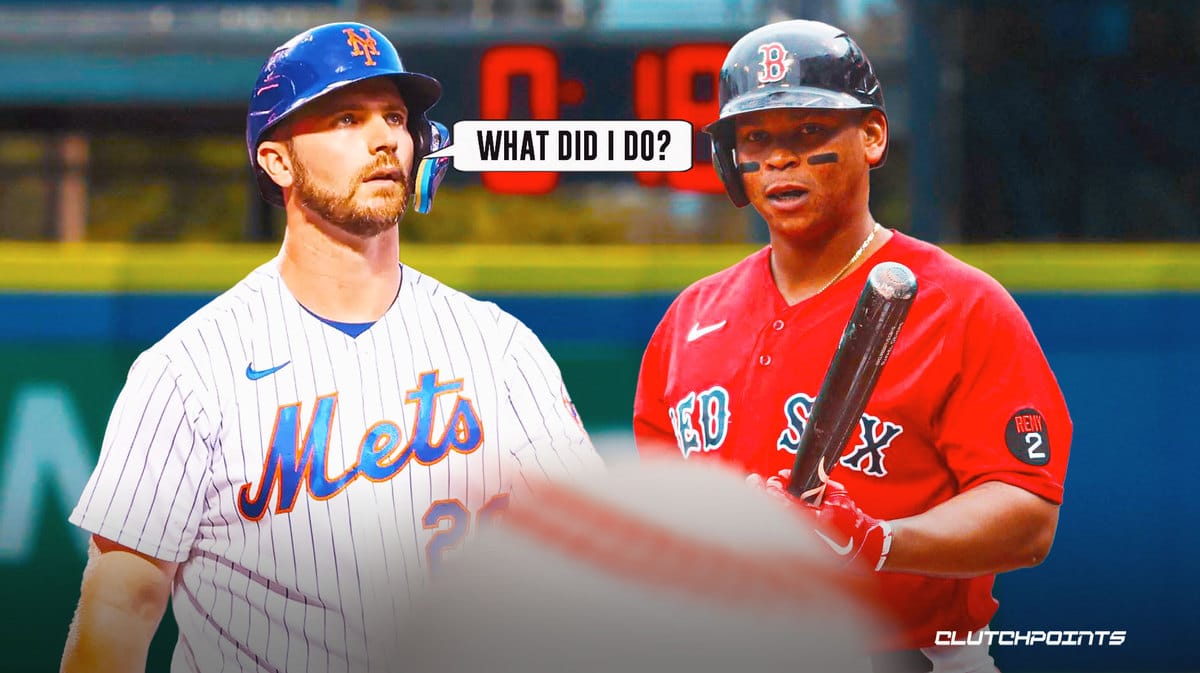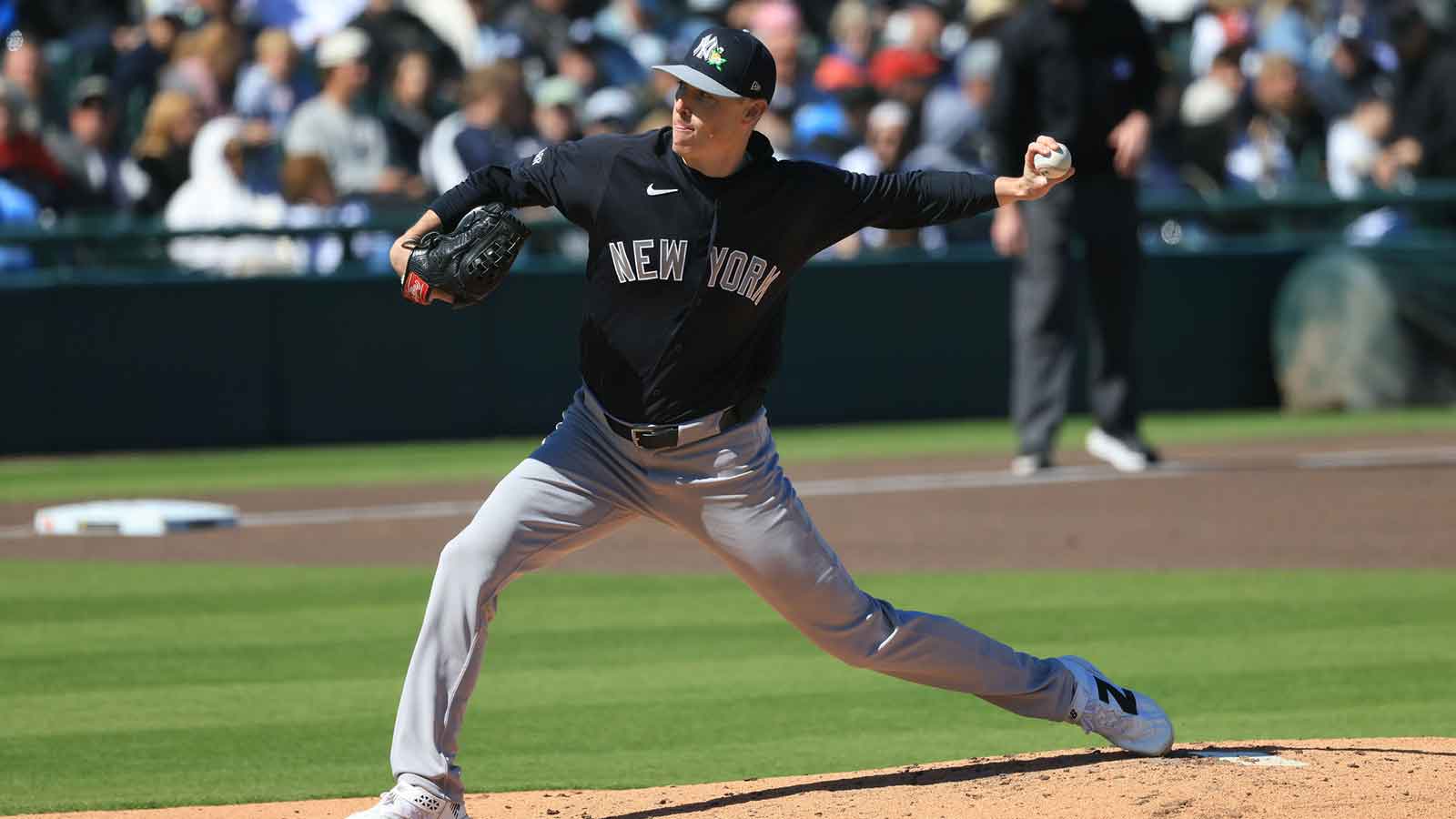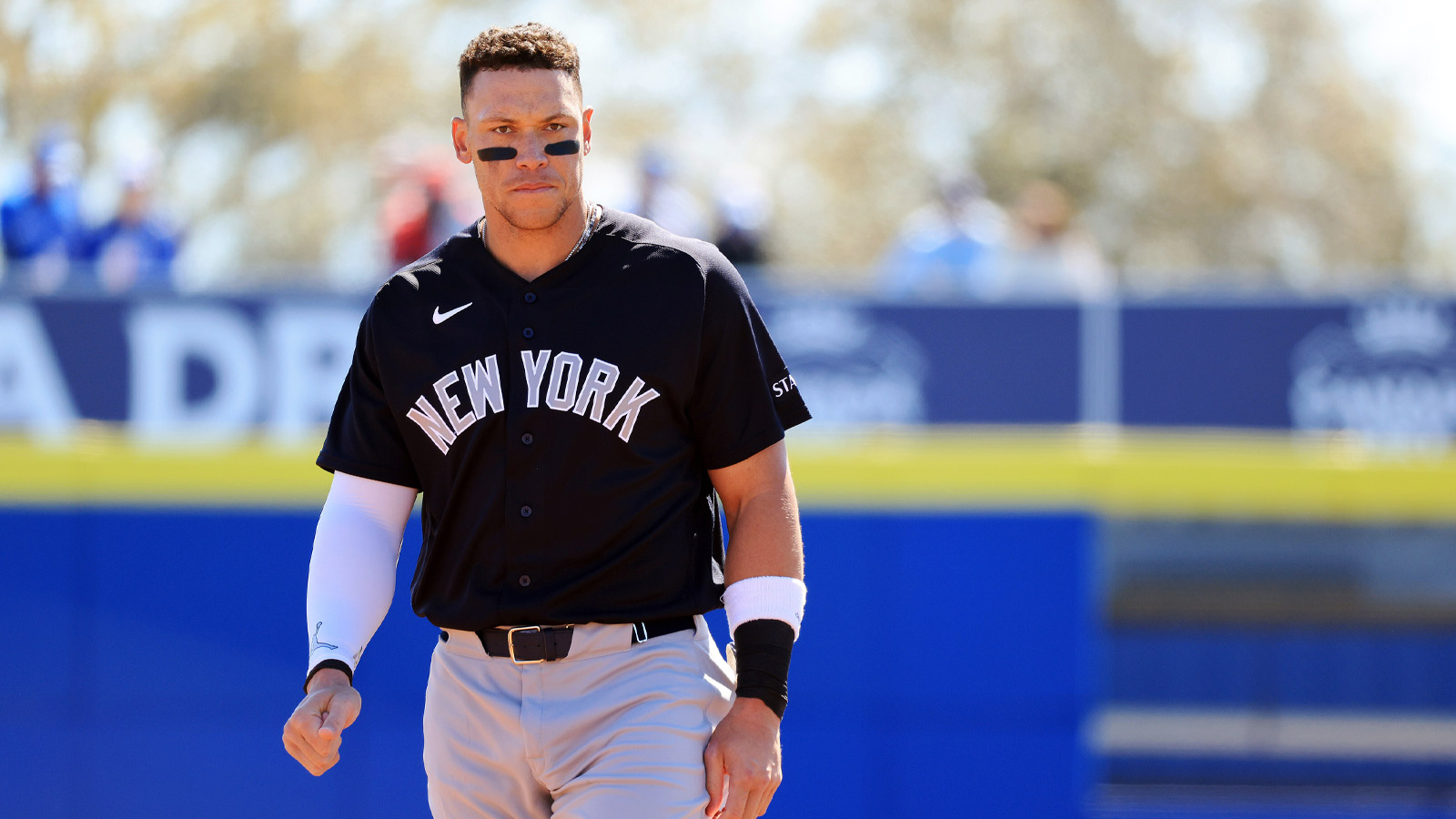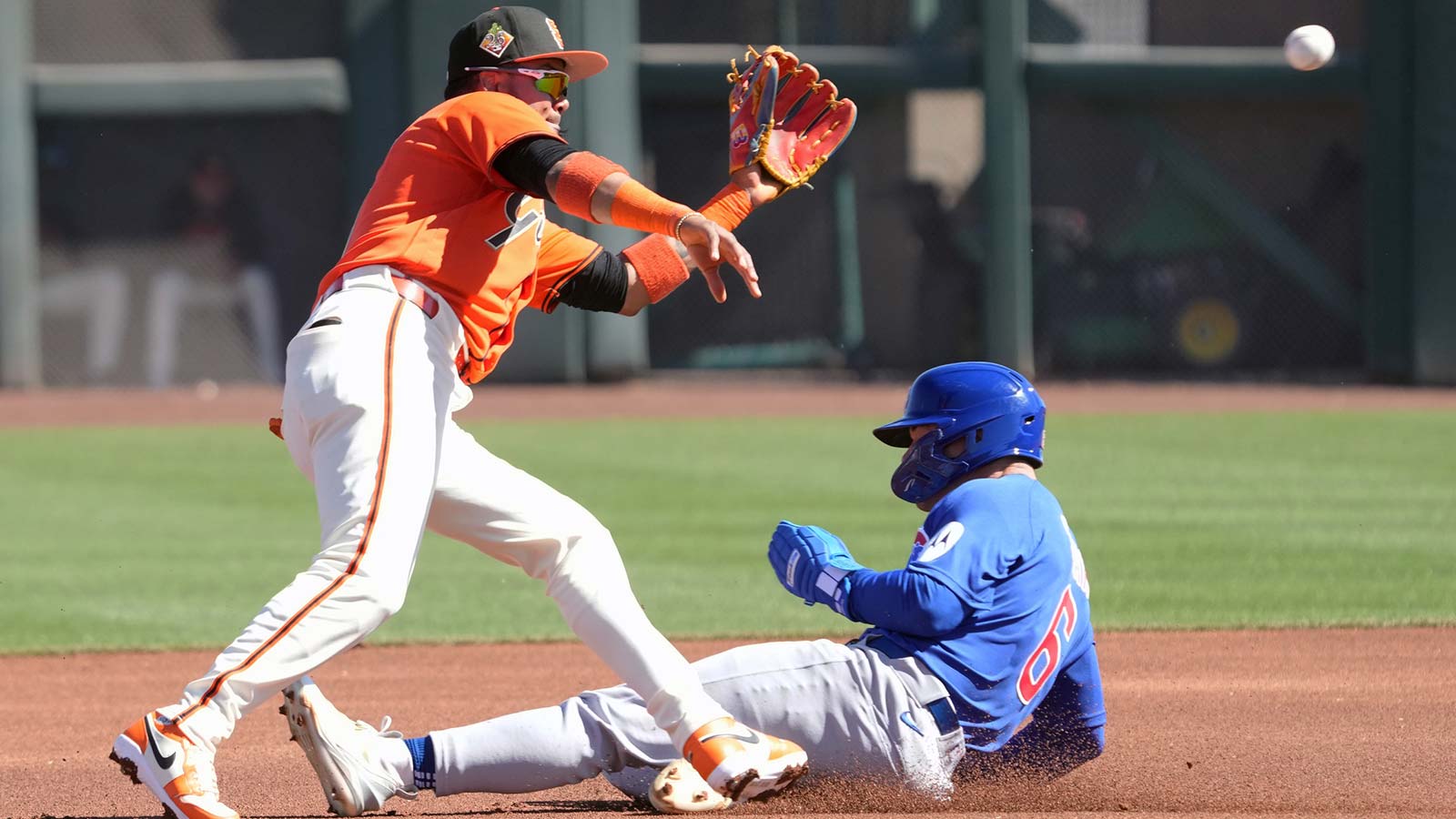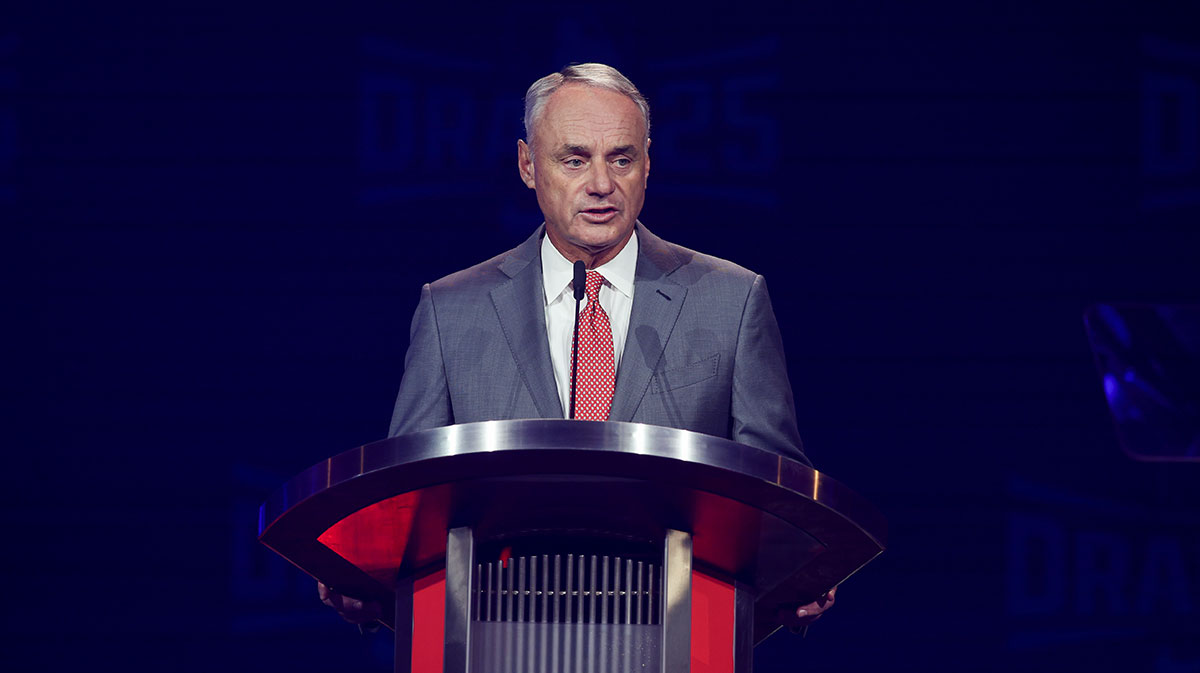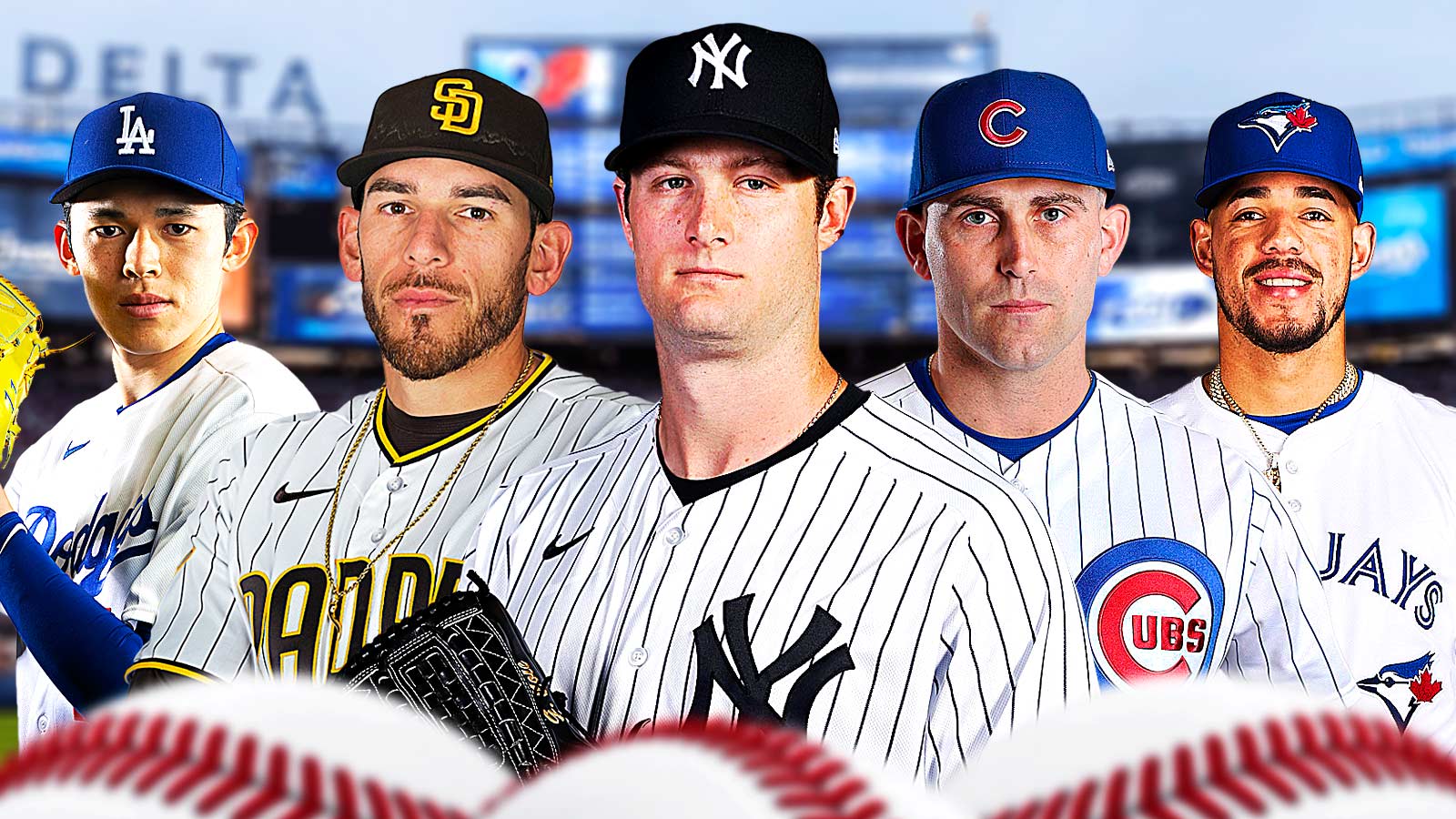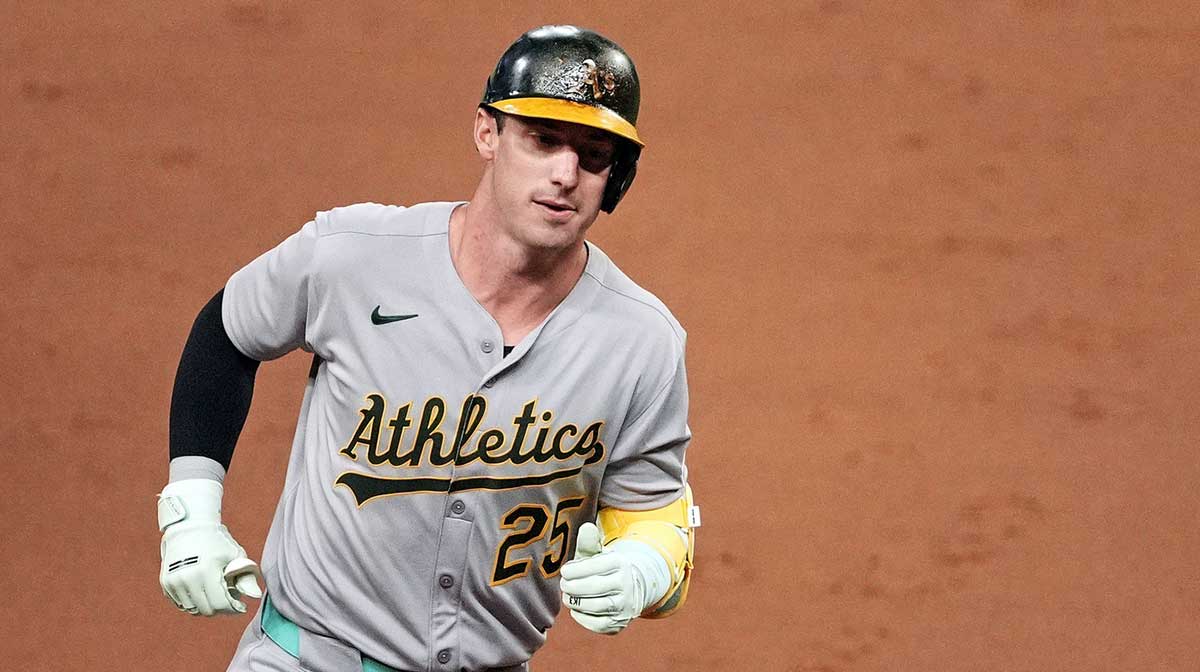Baseball has officially entered a brave new world now that the 2023 MLB Opening Day is underway. New rules have been implemented to increase the pace of play and amount of action. Essentially, the goal is to bring new eyes to the television screen and ballparks, specially those from the younger generation. The innovation everyone is most focused on, though, is the pitch clock.
Naturally, there were going to be violations as both batters and pitchers get adjusted. Anyone who watched Spring Training knew to expect that. However, most fans probably were not anticipating to see multiple unique instances on Opening Day.
Many players will find themselves penalized as the season goes on, but Chicago Cubs pitcher Marcus Stroman will forever be known as the first offender, via Jomboy Media. The right hander failed to throw a pitch to former MVP Christian Yelich before the pitch clock expired (15 seconds normally, but was 20 because a runner was on second). He was penalized with a ball.
Stroman's mistake was straightforward, but the league also saw a couple of cases that could be harder to interpret. Trialing 10-4, Boston Red Sox slugger Rafael Devers did not step back into the box before the clock hit zero, which resulted in an unfortunate called strike three. A rally ensued later that same eighth inning as well as the ninth, but the Sox ultimately fell one run short.
Marcus Stroman is now an answer to a future trivia question as he was called for the first ever regular season pitch-clock violation in MLB history pic.twitter.com/OTqjHGhCPA
— Jomboy Media (@JomboyMedia) March 30, 2023
Watch as Rafael Devers becomes the first player in MLB history to be called out because of a pitch clock violation. 😐
There's just not enough time to safely step out between pitches (even foul balls). pic.twitter.com/owm6v86aHJ
— Codify (@CodifyBaseball) March 30, 2023
The strangest of all violation so far, though, transpired during a National League East clash between the New York Mets and Miami Marlins. Pete Alonso, who had reached first base on a walk, was unable to return to the base path within the allotted time. The hitter- reigning NL batting champion Jeff McNeil- paid for the delay and was penalized a strike. The Mets broadcast team and many fans watching were befuddled by the umpire's decision.
Pete Alonso took too long getting to first base and Jeff McNeil was given a strike… pic.twitter.com/wnRP6PPaSv
— Fanatics Sportsbook (@FanaticsBook) March 30, 2023
Despite some early controversy surrounding the pitch clock experiment, it must be noted that the umpires might have incentive to strictly enforce the new rules in the early goings in order to set a tone for the rest of the year. The MLB does not want players to think they have more leeway just because the stakes are now higher in the regular season.
The pursuit of a more exciting product may unfortunately have some consequences that inconvenience certain players and fan bases from time to time. The end-of-year ratings will determine if they are worth it.

